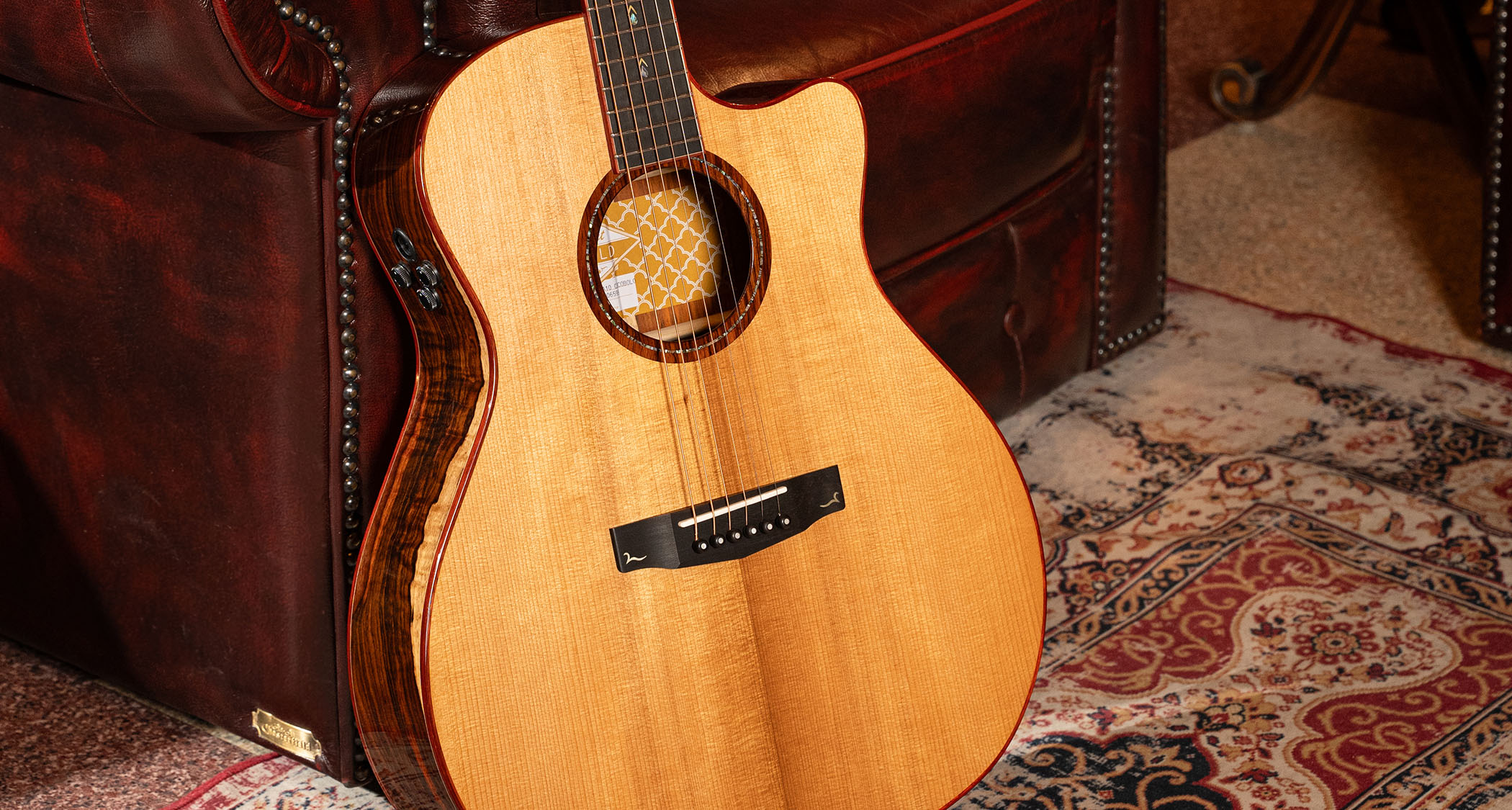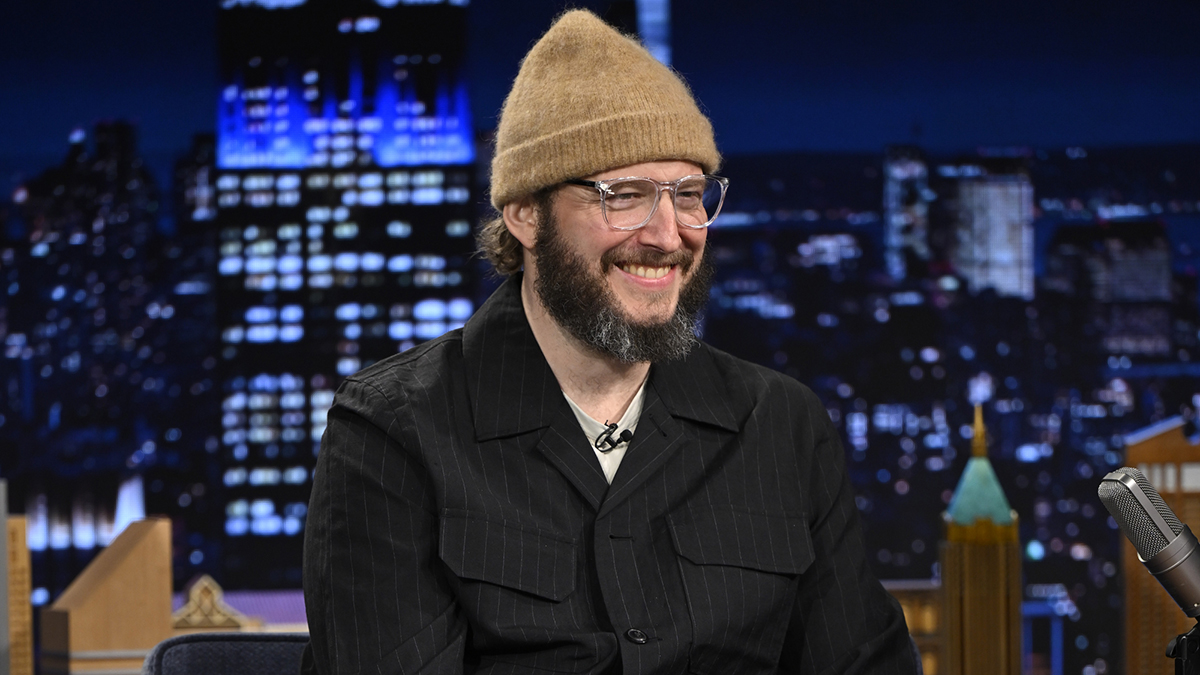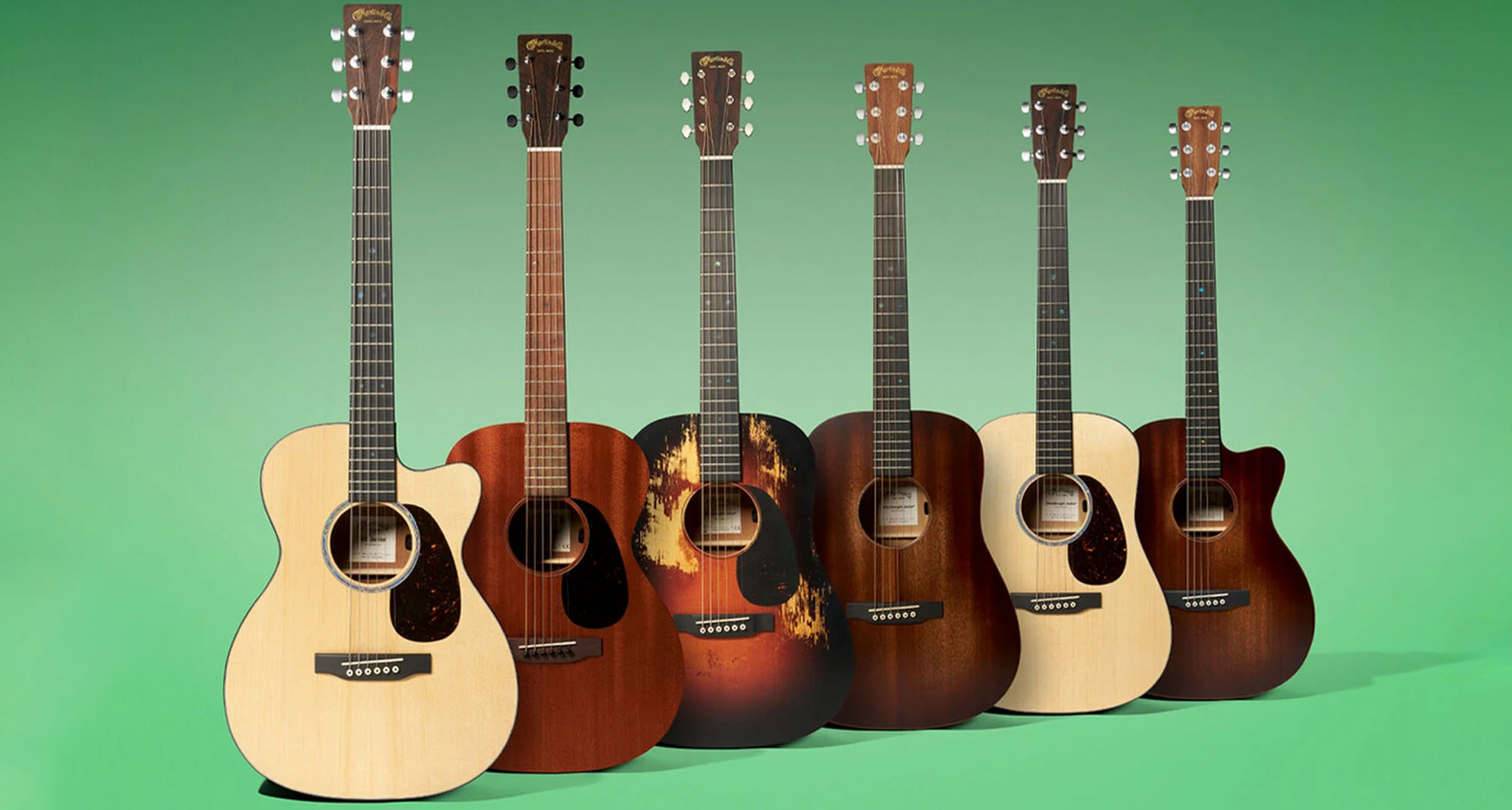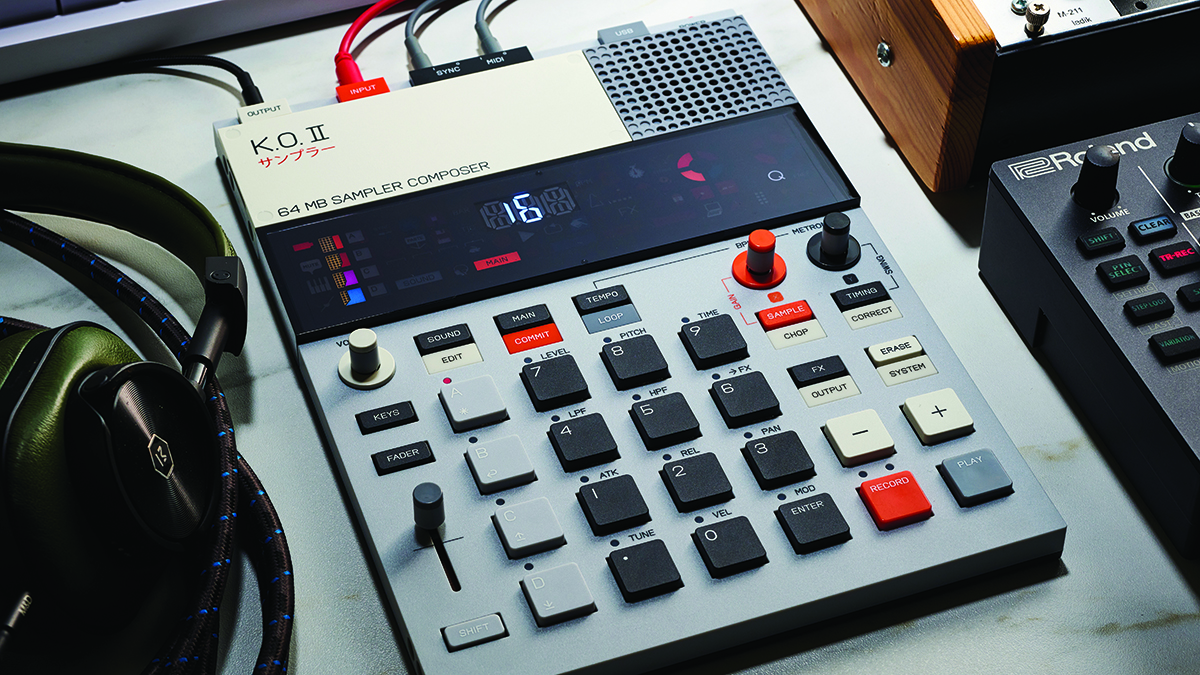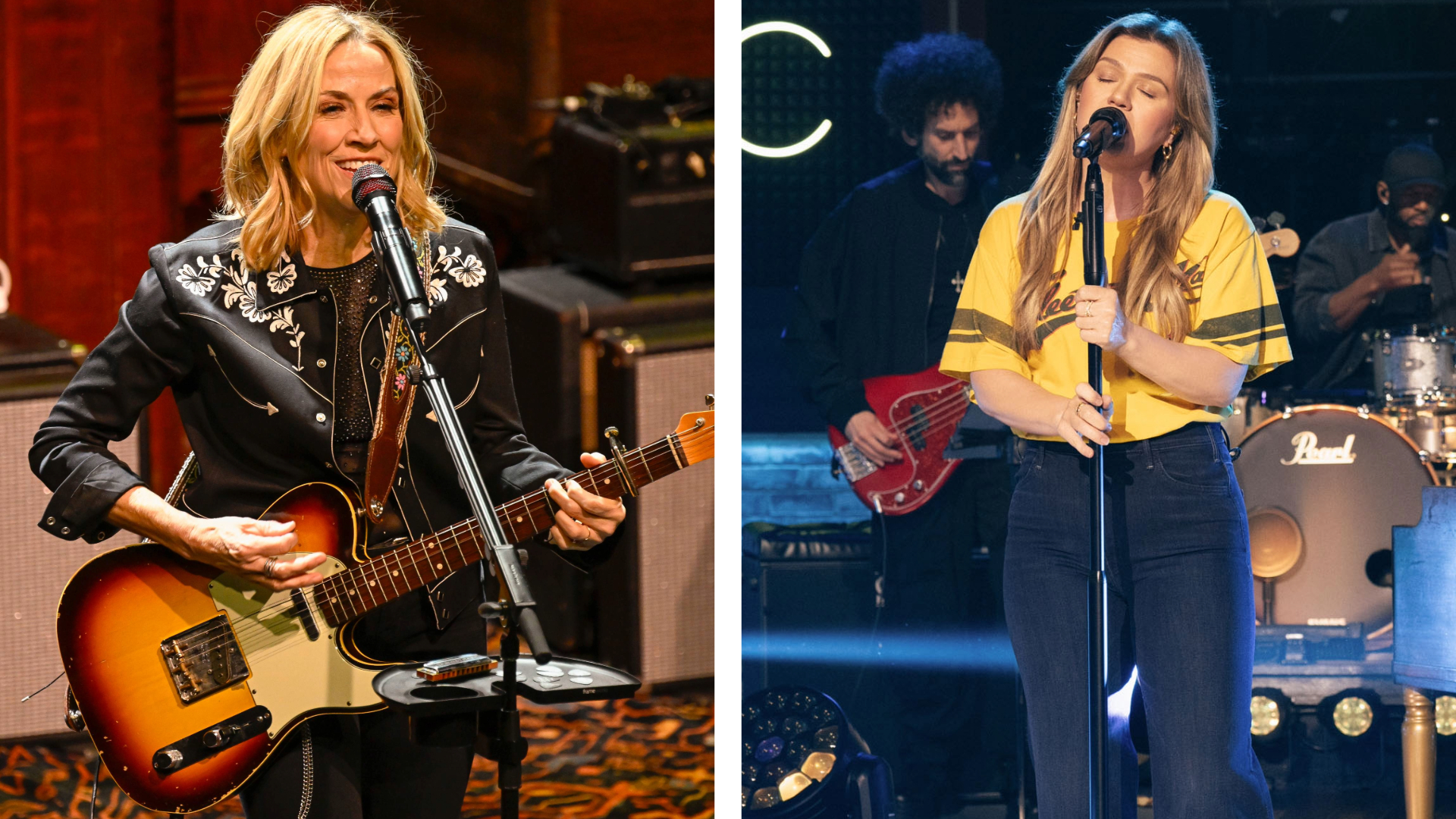The 10 best pianists of all time
From classical, jazz and blues to rock and pop, these are the piano players who changed the game
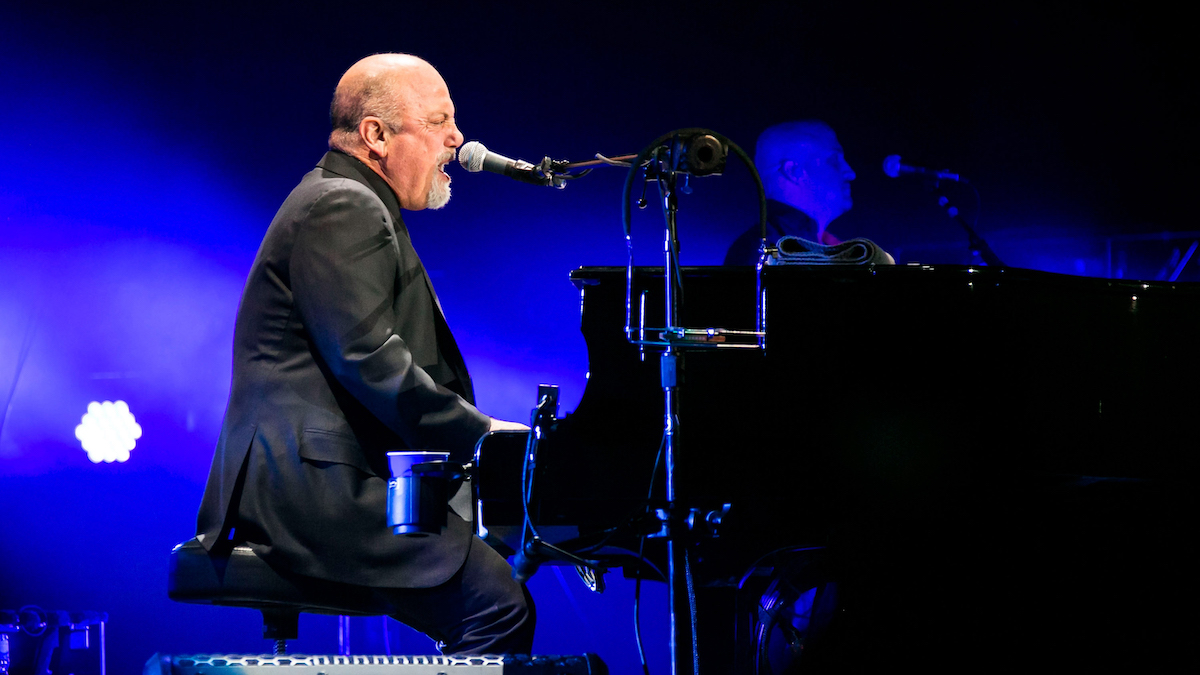
Since its invention in 1721, the piano has had an unparalleled influence on the evolution of music. Its polyphonic capability made it an instant hit with classical composers, resulting in it becoming the writing tool of choice for many. Now equally at home as a solo performance instrument or as part of a band lineup, the piano is without doubt one of the most culturally important and relevant instruments on the planet. It's no surprise then, that the intervening years have produced an incredible number of virtuoso piano players across a wide variety of genres and styles.
The world of the piano encompasses everything from classical, jazz and blues to rock and pop, so whittling a selection of the best pianists of all time down to a final ten proved to be something of a challenge (see our list of honourable mentions at the end of the list to see exactly what we mean). Not all great keyboard players are necessarily great pianists, so this is not a list of the greatest keyboard players. It’s for this reason that we’ve excluded greats such as Rick Wakeman, Herbie Hancock, Ray Charles and Stevie Wonder, who, while definitely no slouch on the ivories, are more renowned for their work as keyboardists rather than being noted for their pianistic prowess alone.
So, this is more of a round-up of musicians who, in some way or another, have made the piano their own or done more than most to elevate the status of the instrument in the eyes and ears of their audience. So here's our pick of the ten best piano players of all time.
1. Martha Argerich
Born in 1942 in Buenos Aires to Spanish and Russian-Jewish parents, Martha Argerich is considered one of the greatest classical pianists of the latter part of the 20th century still working today. In a sparkling career littered with awards and plaudits from classical cognoscenti, Martha has progressed from winning two major competitions at 16 to working with the best orchestras in the world, performing solo at Carnegie Hall and picking up Kennedy Center Honours, the US’s highest honour for influencing American culture via the arts.
She’s built up an astonishing repertoire of complex classical concertos that she can perform from memory, having lost none of her technique and dexterity at the age of 80. Above is a clip of her performing Prokofiev’s Piano Concerto No.3 at the Singapore International Piano Festival in 2018.
2. Dr. Barry Harris
Barry Harris was an incomparable jazz pianist, composer and educator who was widely regarded as one of the best classic jazz educators on the planet. For over six decades he influenced a huge number of jazz musicians with his masterclasses on improvisational techniques, combined with his unique approach to harmony and how to apply it to the piano.
Notable career highlights include an honorary doctorate of Arts from Northwestern University and induction into the American Jazz Hall of Fame for Lifetime Achievements & Contributions to the World of Jazz. Gently humorous and brilliant, his recent passing is a huge loss to jazz and the piano community as a whole.
Get the MusicRadar Newsletter
Want all the hottest music and gear news, reviews, deals, features and more, direct to your inbox? Sign up here.
3. Jools Holland
Self-taught at home from an early age on the upright acoustic piano in his grandmother’s front room, Jools Holland cemented his professional career as keyboard player in the ‘70s rock band Squeeze, but has since gone on to become the quintessential modern-day emissary for stride and boogie-woogie piano. A real musician’s musician, his many collaborations featured on his TV show ‘Later with Jools Holland’ - now in its 53rd season - demonstrate that while he can clearly turn his hand to any genre, boogie-woogie is clearly where he feels most at home.
Making full use of this platform to keep the stride and boogie genres at the forefront of the public’s consciousness, Jools has done more than anyone to keep these traditional styles alive and flourishing in the 21st century. As well as being a prolific TV host, he continues to spread the boogie gospel by touring with the Jools Holland Rhythm & Blues Orchestra. Here he is giving it some with the band live from Kew Gardens in 2009.
4. Jacob Collier
Still only in his mid-twenties and with several Grammy awards already under his belt, singer and multi-instrumentalist Jacob Collier’s almost other-worldly talent for music has seen him propelled from YouTuber to superstar status over the past decade. As if he had all of music theory uploaded Matrix-style into his brain as a teenager, Jacob has the endearing air of looking like he just woke up and invented music and wants to share it with the world.
Known for fusing multiple musical genres and for extensive use of reharmonization and close harmonies in his energetic live performances, it’s Jacob’s prodigious, phenomenal prowess on the piano that’s earned him his place in this best piano player list. It's almost frightening that, at twenty-seven, he still claims not to be mechanically capable of what he hears in his head, so who knows where the future will take him? In the video above check out this solo from his collaboration with Snarky Puppy ‘Don’t You Know’, from 4’05” onwards.
5. Sir Elton John
Famous for his flamboyant outfits and extravagant showmanship at the piano, Sir Elton is widely regarded as the best rock pianist there is. Citing childhood influences such as Jerry Lee Lewis and Winifred Atwell, Elton rose through the ranks of early-’70s session players thanks not only to his extraordinary talent but also to his long and prolific partnership with lyricist Bernie Taupin.
The songs the duo created together, combined with Elton’s unique combination of pounding rock rhythms and intricate melodic playing, propelled him to become one of the most successful recording artists of all time. Still recording and performing with a veritable who’s who of major artists, Elton’s life has been dramatised in the 2019 movie Rocketman. Here’s a clip of him performing Rocket Man at the Royal Albert Hall in 1972.
6. Jerry Lee Lewis
Nicknamed ‘The Killer’, rock’n’roll icon Jerry Lee Lewis must have left who knows how many pianos cowering in terror over more than sixty years as a performer. Pushing the levels of showmanship to the max and thrusting the piano to the forefront of the burgeoning rock’n’roll scene during the mid 1950’s, the young Jerry Lee was a pianistic force to be reckoned with whose influence is still felt by many musicians today. He followed up his rock’n’roll period with a successful transition to a major country recording artist in the ‘60s and ‘70s
Aside from his undeniable, natural ability on the keys, Lewis was famous for enhancing his performances with theatrics like sending piano benches flying, pyrotechnics and floppy hair. Equally notorious for his turbulent personal life and offstage antics, nevertheless, as one of the recognised pioneers of rock’n’roll, his place in music history is assured. Here’s a clip of him performing his debut single “Whole Lotta Shakin’ Goin’ On” in 1957.
7. Billy Joel
One of the most prolific singer-songwriters of the 20th century, Billy Joel is responsible for some of the most well-loved popular piano songs out there, such as ‘Just the Way You Are’, ‘My Life’ and ‘She’s Always a Woman’. Nicknamed the Piano Man after one of his early singles that references a period spent as a piano player in a New York bar, Billy occupies a place in the Rock’n’Roll Hall of Fame, has received the prestigious Kennedy Center Honours and is the first non-classical musician to be honoured with a portrait in Steinway Hall.
Matched only by Elton John in the realm of the piano-wrangling, stage-centre pop and rock singer songwriter and performers, Billy Joel cites a variety of greats as influences, including Ray Charles and classical composers such as Beethoven and Bach. He’s always had a knack for weaving great melodies into his playing, easy to see from his many years onstage with the piano front and centre at sell-out stadiums all over the world. Here he is performing ‘Scenes From an Italian Restaurant’ live in 1982.
8. Oscar Peterson
In a career spanning six decades and taking in seven Grammy awards, over 200 recordings and thousands of concerts all over the world, Canadian jazz virtuoso Oscar Peterson has cemented his reputation as one of the greatest jazz pianists of all time. Classically trained from age six, and thereafter heavily influenced by the great stride pianist Art Tatum, Peterson got his main break playing in a weekly radio show in the 1940’s.
This led to him being talent spotted by a manager who got him a slot at a concert at New York’s prestigious Carnegie Hall, and from there, his pathway to jazz prominence was assured. Peterson's dazzling technique and exuberant, upbeat reworkings of classic standards made him popular with both jazz and non-jazz fans alike through his prolific output of recorded works. In the video above he’s performing ‘C Jam Blues’ live in Denmark in 1964.
9. Glenn Gould
One of the most celebrated classical pianists of the 20th century, Glenn Gould was best known as the foremost exponent of the works of Johann Sebastian Bach. Born in Canada in 1932, Glenn was a child prodigy, passing his final Toronto Conservatory exam at age 12 with the highest grade witnessed thus far. He went on to become a prolific classical recording artist, particularly in the latter part of his life - he died in 1982 aged only 50 - having turned his back on the concert stage in 1964.
Preferring recording to performing as an art form, Gould left behind a catalogue of over 80 recordings before his untimely death, a prolific legacy of what some would call a genius and others would call eccentric. He would adopt an unusually low seating position at the piano, claiming that it enabled him to treat music in a more linear fashion, rather than as a series of vertically struck tones strung together. He also had a tendency to hum along with his playing, which some found endearing, others irritating.
His recording of Bach's Goldberg Variations is considered a classic performance - here’s a clip from a TV recital in 1964.
10. Bill Evans
Widely regarded as one of the most influential American jazz pianists of the 20th century, Bill Evans is seen as the main reformer of the harmonic language of modern jazz piano. Heavily influenced by impressionist composers such as Debussy and Ravel, Evans was particularly celebrated for his light touch on the keys, his lyricism and his adventurous exploration of harmonic structures.
As part of the Miles Davis Sextet in the 1950’s, Evans was responsible for the piano on the best-selling jazz album of all time, Miles Davis' ‘Kind of Blue’, having been selected in part due to his deep knowledge of modal scales and chord phrasings. Evans went on to enjoy a hugely successful career as a bandleader (the Bill Evans Trio), as well as a prolific recording and performance artist. This performance of ‘Nardis’ was recorded in 1980, shortly before he passed away.
Honourable mentions
Since we only had ten available slots to fill when putting this list together, paring down the huge array of pianistic talent from the past 300 years proved a difficult challenge. The piano was invented in 1721, so technically anyone from that date onwards could theoretically qualify to make this list. However, we made the decision to exclude classical composers largely due to lack of available recorded evidence, focussing instead on players who have contributed significantly to the evolution of piano music over the course of the 20th and early 21st centuries.
If your favourite player didn’t make the cut, don’t worry, they’re in esteemed company! For instance, other legendary players who almost made the top ten (and are also well worth checking out) include:
- Art Tatum
- Winifred Atwell
- Jelly Roll Morton
- Dr John
- Lang Lang
- Nina Simone
- Chick Corea
- Vladimir Horowitz
- Scott Joplin
- Ray Charles
- Thelonius Monk
- Rick Wakeman
- Professor Longhair
- Keith Jarrett
- Clara Schumann
- Fats Waller
- Leonard Bernstein
- Mitsuko Uchida
- Fats Domino
- Myra Hess
- Little Richard
- Liberace
- Vladimir Ashkenazy
- Andre Previn
- Herbie Hancock
- Victor Borge
Dave has been making music with computers since 1988 and his engineering, programming and keyboard-playing has featured on recordings by artists including George Michael, Kylie and Gary Barlow. A music technology writer since 2007, he’s Computer Music’s long-serving songwriting and music theory columnist, iCreate magazine’s resident Logic Pro expert and a regular contributor to MusicRadar and Attack Magazine. He also lectures on synthesis at Leeds Conservatoire of Music and is the author of Avid Pro Tools Basics.




